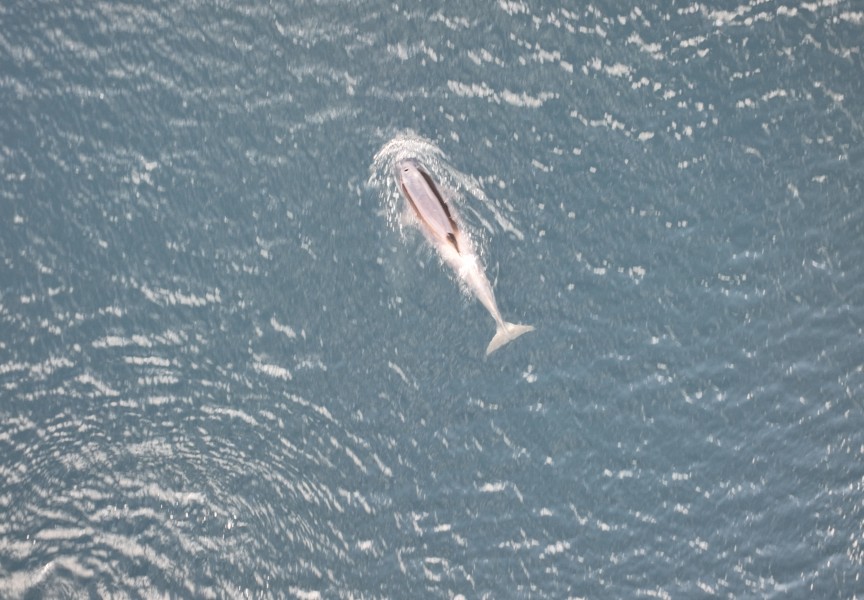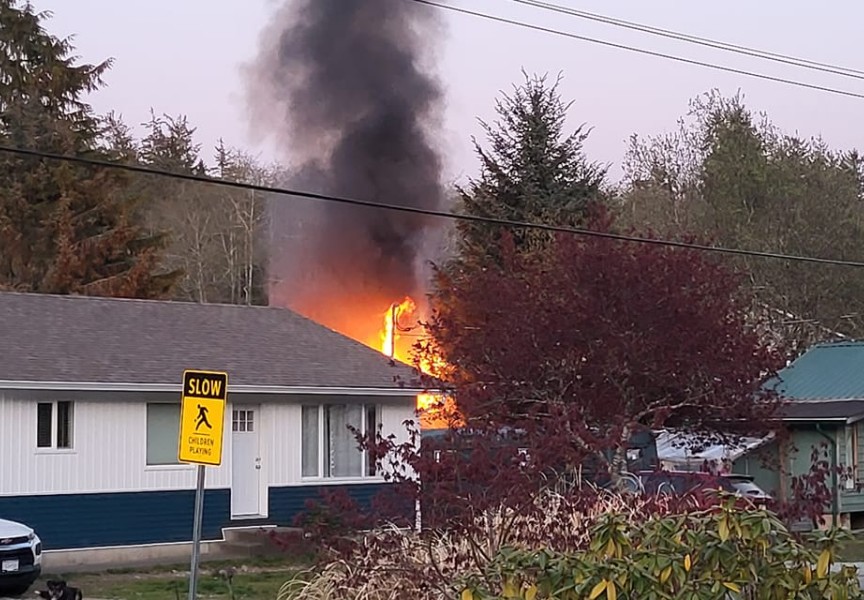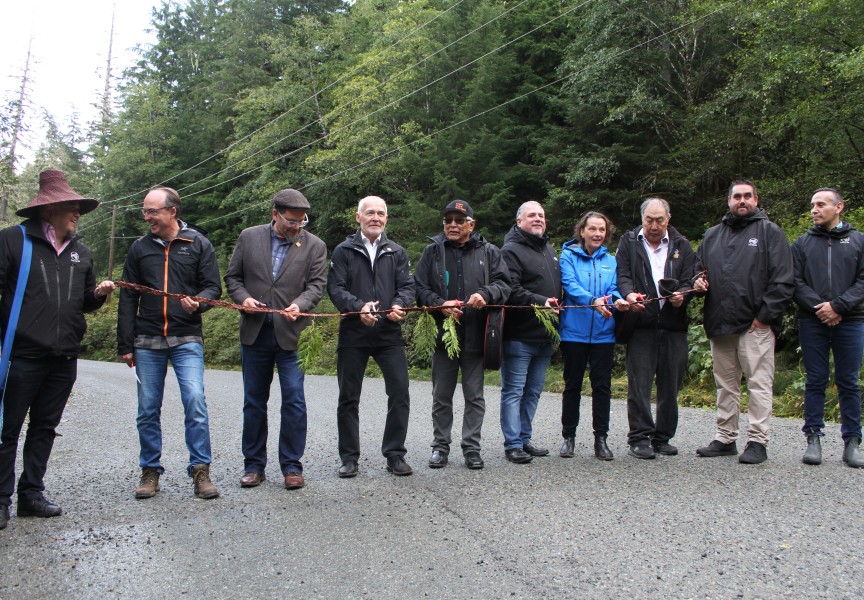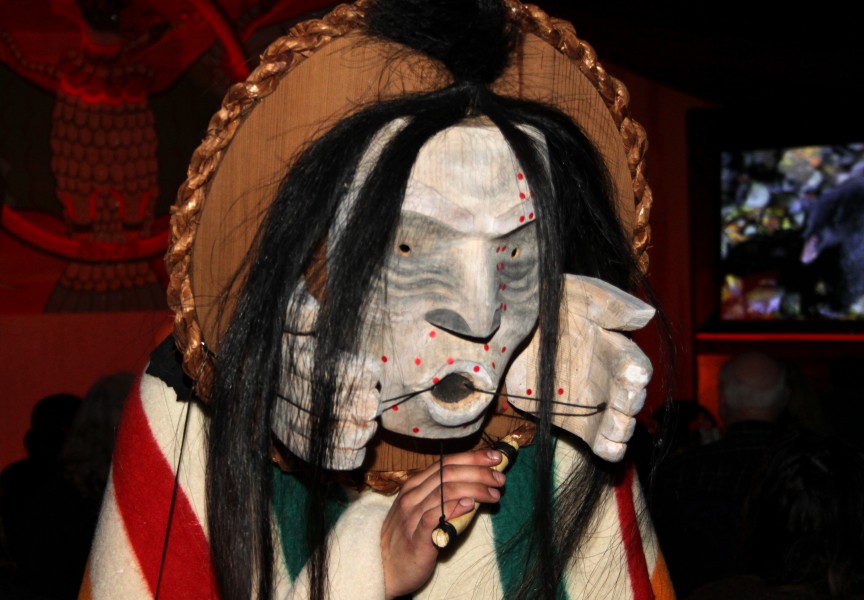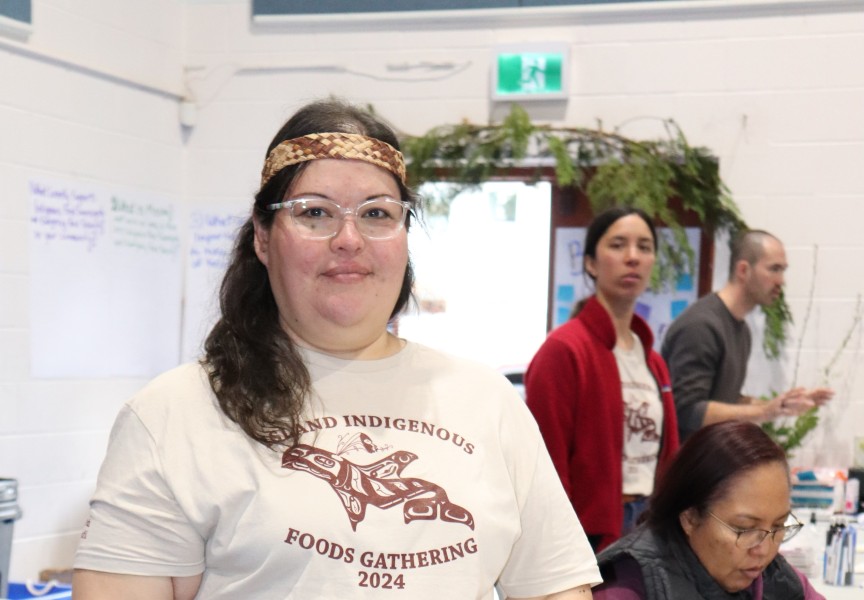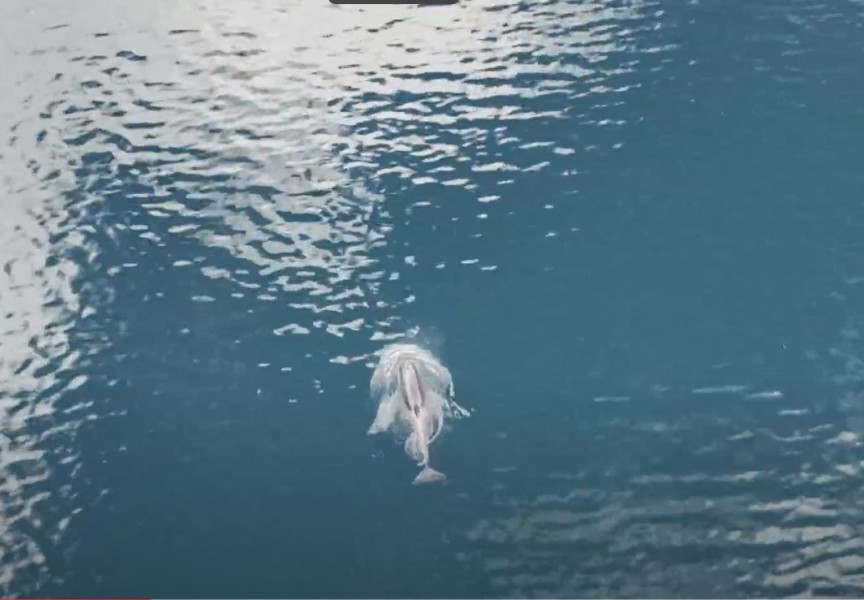UPDATE: June 2, 2015: When asked if there has been any response from Aboriginal Affairs on this issue, Chief Councillor Hugh Braker said "no, none."
In Edmonton it’s the first day of the last National Event that the Truth and Reconciliation Commission will hold, yet even after years of hearings and disclosures by residential school survivors, there remains troubling questions about what really happened to the children in those schools.
It’s particularly true of the situation at Alberni Indian Residential School (AIRS), where human biomedical experimentation was done in the late 1940s, revealed last July by Dr. Ian Mosby in his report entitled “Administering Colonial Science: Nutrition Research and Human Biomedical Experimentation in Aboriginal Communities and Residential Schools, 1942-1952.”
Shortly after those revelations, Tseshaht First Nation, on whose territory AIRS was located, wrote to Aboriginal Affairs Minister Bernard Valcourt with some demands, including the full disclosure of facts surrounding any and all experiments done at the school, a public apology from the federal government to the former students upon whom the experiments were conducted, and compensation for the victims.
Fast forward a full eight months and Minister Valcourt tells Ha-Shilth-Sa that the letter has not been brought to his attention.
“I will honestly tell you I have not seen that one letter among the several thousands that we receive,” Valcourt said March 19, “but it will come to my desk eventually.”
He remembered his comments at the time of Dr. Mosby’s report where the minister asserted that human experimentation at AIRS “was not new facts in the sense that this unfortunate, completely unacceptable chapter of the history of that school had been made public a number of years before that.”
He reminded Ha-Shilth-Sa that Prime Minister Stephen Harper had apologized on behalf of all Canadians to the victims, to their families, to those communities who suffered and still suffer “because of the heritage of the residential school,” committing to a new relationship with First Nations, “warning all of us that we should never repeat what we have done in those days.”
Ken Watts, Nuu-chah-nulth Tribal Council vice president, was perturbed by the minister’s comments.
“I’ll tell you, if you were here when we had an assembly, it was new to all of our survivors. They had no clue that some of those things happened… I find it pretty disturbing that, in a roundabout way, he said the (Prime Minister’s) apology kind of covered it; that we understood that the experiments were part of the history.
“No, we didn’t. I call B.S. Our people didn’t know about it and if the government did, why didn’t they let our people know about it. I think there are some important next steps that need to happen,” said Watts.
NTC President Debra Foxcroft agreed, saying the disclosures of residential school survivors in hearings for compensation can’t be complete “because nobody knew about it… Well, we didn’t know about it.”
The news of the human biomedical experiments has opened more wounds and triggers for people who didn’t know that this was happening to them, Foxcroft said.
“Our survivors still live with the legacy of residential schools every day. And this reawakens the old trauma. I think government can assist in responding positively, or add to the trauma by repeating old patterns of denial and a legal rather than a human response.”
Foxcroft said the tribal council is seeking alternative ways to get the federal government’s attention on this matter, though she was not yet willing to share publicly the strategy going forward.
Watts said the issue is a lot bigger than just a letter from Tseshaht Nation. “It was raised in the media when the information first came out and it’s been lingering around ever since… so I’m a little disturbed that he is relying on just a letter that some action needs to be taken.” Whether the minister has personally read the letter or not does not release him of the responsibility to take action, said Watts.
“I had non-aboriginal people calling me… people who had nothing to do with it apologizing to survivors. They were just people in the public,” said Watts.
The minister talked about committing to a new relationship with first nations, said Watts. “It’s more than just reconciliation. Our nations have asked for an apology. Tseshaht has asked for an apology and a list of other action items. You know, if government is really committed to a new relationship they’ll actually follow through with some of those requests.”

